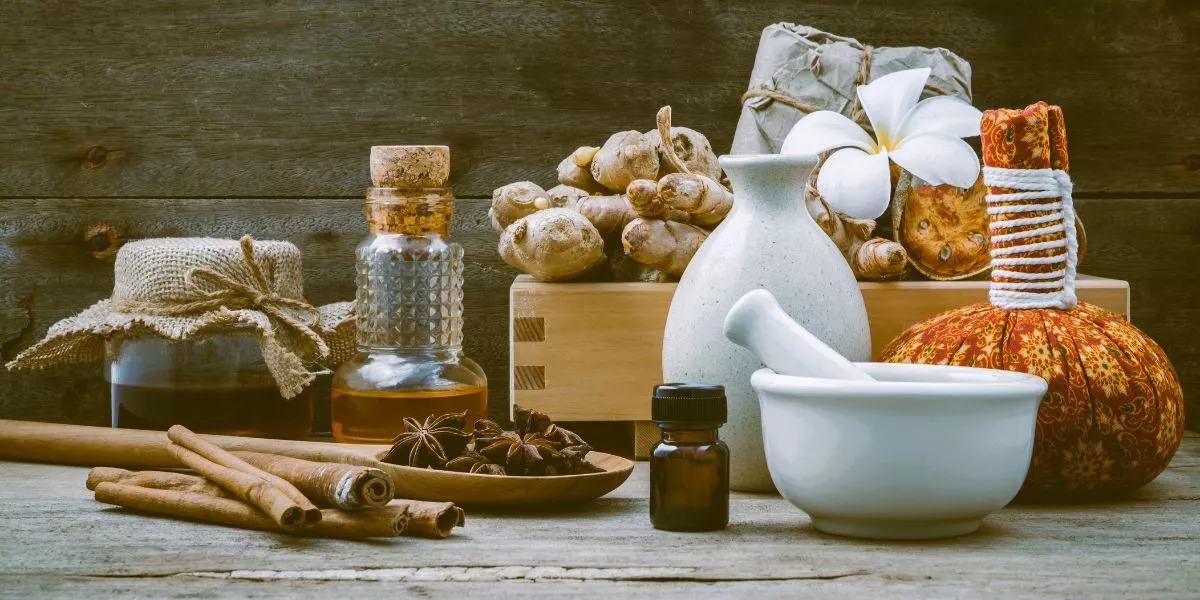
When exploring the effectiveness of aromatherapy in holistic healing, you might be intrigued by the profound impact that something as simple as essential oils can have on your well-being. The intricate relationship between aromatic compounds and your body's responses is a fascinating aspect worth considering. By delving into the science behind how these scents interact with your senses, you can gain a deeper appreciation for why aromatherapy is more than just a pleasant fragrance—it's a powerful tool for enhancing your overall health and vitality.
Historical Roots of Aromatherapy
Explore the ancient origins of aromatherapy, tracing back to civilizations that valued the healing properties of botanical essences. In ancient Egypt, aromatic oils were used in religious rituals, medicine, and embalming practices. The Egyptians believed in the power of fragrant oils to promote physical and spiritual well-being.
Moving forward, the Greeks also embraced the use of essential oils for their therapeutic benefits. They integrated aromatic plants into massages, baths, and even in cooking to enhance health.
During the Middle Ages, aromatic herbs and oils gained popularity in Europe for their medicinal properties. Monks in monasteries cultivated medicinal gardens and developed herbal remedies using essential oils. The Renaissance period saw a resurgence of interest in aromatherapy, with physicians like Paracelsus exploring the healing potential of botanical extracts.
As you delve into the historical roots of aromatherapy, you'll uncover a rich tapestry of cultures that recognized the profound impact of botanical essences on human health and well-being.
Mechanisms of Aromatherapeutic Effects
The historical use of aromatic oils for healing purposes provides a foundation for understanding the mechanisms behind aromatherapeutic effects. When inhaled or applied to the skin, essential oils interact with the olfactory system and skin receptors, triggering chemical messages that travel to the limbic system in your brain. This area is responsible for regulating emotions, behavior, and memory. As a result, specific essential oils can evoke feelings of calmness, relaxation, or invigoration based on their chemical composition.
Additionally, essential oils contain volatile compounds that can have direct physiological effects on the body. For example, lavender oil has been shown to have sedative properties, reducing anxiety and promoting better sleep. Peppermint oil, on the other hand, is known for its ability to alleviate headaches and improve focus. These effects can be attributed to the way the volatile compounds in the oils interact with receptors in the body, influencing various biological processes. Understanding these mechanisms helps explain why aromatherapy is so effective in promoting holistic healing.
Psychological and Emotional Benefits
Delving into the psychological and emotional advantages of aromatherapy reveals how essential oils can profoundly impact mood and well-being. The use of certain essential oils like lavender, chamomile, and rosemary has been linked to reducing stress and anxiety levels. Inhaling these scents can signal the brain to release neurotransmitters like serotonin and dopamine, which are known to elevate mood and promote feelings of relaxation.
Aromatherapy can also help in managing symptoms of depression by stimulating the limbic system, the part of the brain that plays a key role in emotions and memory. Oils such as bergamot and frankincense have been found to uplift spirits and create a sense of emotional balance. Moreover, the calming effects of aromatherapy can aid in improving sleep quality, which is crucial for overall mental well-being.
Practical Applications in Holistic Healing
Enhancing the effectiveness of holistic healing practices, aromatherapy offers practical applications that harness the power of essential oils for physical and emotional well-being. Incorporating aromatherapy into your holistic healing routine can be as simple as diffusing lavender essential oil to promote relaxation and reduce stress. You can also create personalized blends for massage therapy by mixing oils like peppermint for pain relief and eucalyptus for respiratory support.
Using essential oils topically, such as applying tea tree oil for its antibacterial properties, can aid in wound healing and skin conditions. Moreover, integrating aromatherapy into meditation or yoga sessions with scents like frankincense or sandalwood can deepen your spiritual practice and enhance mindfulness.
When seeking relief from headaches, inhaling the aroma of peppermint oil can provide a natural solution. For improving sleep quality, diffusing chamomile or bergamot essential oils in your bedroom can create a calming environment conducive to rest. Remember that essential oils are potent and should be diluted properly before direct skin application.




